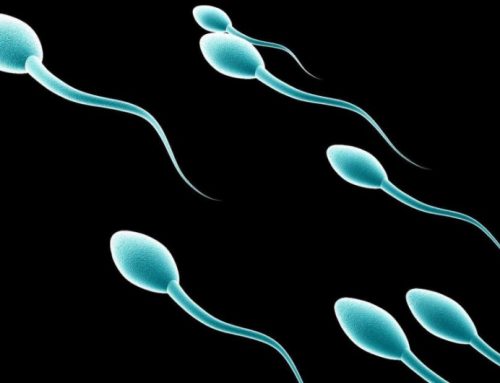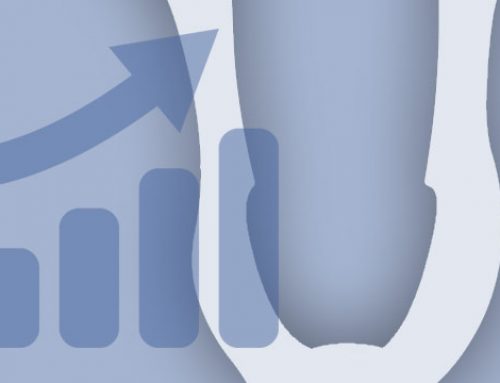The only way to maintain a body full of energy and vitality, operating all its organs in a good manner and maintaining its stable health, is via nutrition (and as we are going to see…by eating less!).
THE AMOUNT or THE PERIODS food is consumed are important parameters, with most significant factor the QUALITY OF FOOD received.
A number of foods might offer a high caloric value, with no nutritional value contained.
These, so called empty calories are “tricking” every person, leading eventually to deterioration of health and weight gain.
A meal should necessarily offer a wealth of valuable elements, vitamins, minerals, proteins, good fats, carbohydrates (even these) and certainly valuable dietary fiber.
In fact, is shown and recommended by all dietitians, the consumption of specific foods promoting the increase of organism’s beneficial energy and fighting the feeling of exhaustion & fatigue.
An important reason for modern man feeling extremely tired and overworked is the poor quality of diet that has been followed.
It is very useful to understand the importance of a proper and healthy meal for our health and make sure to include it in your daily life.
ATTENTION – This attitude should not be adopted as a temporary diet, but as a permanent and healthy habit for life!
Diets of One Food Group
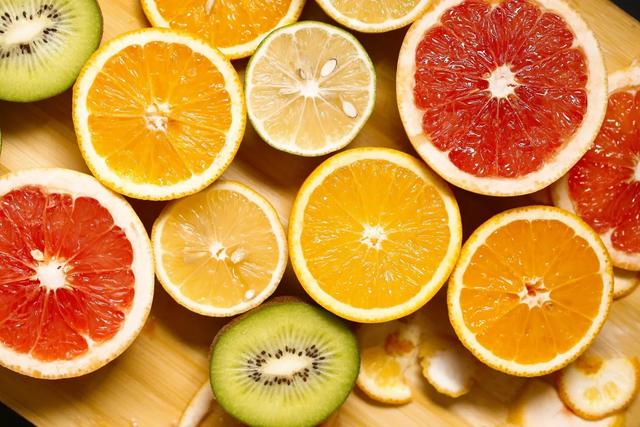
You will occasionally read (or even follow) various restrictive diets protecting the consumption of only one group of foods.
So you find diets recommending the consumption of protein or fiber only (mainly fruits & vegetables).
Similarly, you have come across of diets rejecting a group of foods (such as the carbohydrate diet prohibiting the consumption of any carbohydrate).
However, according to experts, the rejection of one food group (or more) from our diet (especially if followed for long time) may be extremely dangerous and harmful to organism’s functioning.
Each food item converted in its own way and mainly at its own pace, offers an amount of energy.
The energy supply of a cake, a chocolate bar, an apple, a handful of nuts, a salmon fillet, a beefsteak and a bowl of cereal are completely different.
Not only in terms of quantity concerned.
The rate at which each of these foods provides energy is also different.
Certain foods lead to a rapid and abrupt increase in energy load, while others offer smaller amounts of energy but for a much longer time.
The Diet of Small Frequent meals
We have all heard doctors and nutritionists urging us to eat small and frequent meals throughout the day. According to studies, small but frequent meals can constantly supply the body with valuable energy, alleviate the feeling of hunger, enhance the function of all important organs of the body (such as the brain) and prevent the feeling of fatigue.
Surely, this requires meals providing the organism with nutrients and valuable vitamins, for functioning more efficiently and properly.
For example, just a handful of nuts or an apple, are enough to give your brain the boost needed when it feels tired and dysfunctional.
ATTENTION: Referring to small and frequent meals we mean small meals!
Consuming large amounts of food throughout the day is not going to pay off instead; the high food intake often leads to increased fatigue and lethargy.
This sluggishness – according to scientists – is due to the sharp rise in blood sugar following a meal.
How much will you … “press” your stomach?
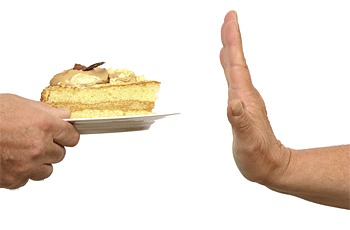
The stomach – when empty – is about the size of a fist, expanding up to about 50 times (depending on the amount of food you add).
So think volumetrically of the size of the meals consumed daily and HOW much you push your stomach to open so that it fits the amount of food directed.
Surely, you have heard people complaining of “their stomachs are overflowing” and can no longer stop eating.
Sounds a little strange, but describes a reality. When the stomach learns to stretch a lot & every day, it can eventually “overflow”, practically leading the person in search of increasing quantities of food for feeling satiety and satisfaction following the meal.
This is the reason for many people gradually led to obesity without realizing it.
Nevertheless, you may ask any overweight or obese person…the greater the person’s body weight (and therefore the greater the amount of food consumed) the greater the feeling of fatigue felt.
A person with a normal body weight and healthy eating habits is more active, energetic, happy, healthy and efficient in all its actions.
Have you not noticed how much your energy drops after a big and heavy lunch?
You immediately want to fall asleep.
You feel drowsy, tired and unable to function efficiently.
On the contrary, with just one small meal you increase your energy reserve and recharge your batteries without feeling exhausted.
The reason being, according to scientists, that the process of food digestion requires significant amounts of energy from organism, more specifically estimated at about 10% of the total daily energy expenditure is required (the number is relevant and calculated depending on the type of diet followed by a person).
The digestive process following a big meal increases your feeling of exhaustion and drowsiness.
Therefore, by consuming small and frequent meals you can renew your energy reserves and recharge your batteries, without experiencing energy losses of the digestive process.
For a person working long hours in an office – a very typical example – it is contraindicated to eat large meals, as this significantly reduces its efficiency and degree of concentration.
NO to Diets
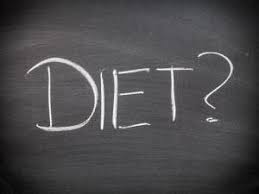
Nutritionists, doctors and scientists in general (following extensive studies) concluded that the use of a diet program with extreme nutritional parameters makes no sense at all.
Apart from being extremely unhealthy and detrimental to the proper functioning of organism, it is also 90% certain that it only leads to temporary weight loss (when this has already been achieved).
It is found that the harder and more restrictive the maintenance program followed by a person, the greater the chances of allowing (after the diet ends) to its old body weight.
Who wishes going through such a demanding process, to return to its original weight finally?
Why do you have to go through such a complex process then?
Therefore, the smoother the transition to a healthier eating plan, the more likely for it to succeed and last longer.
A diet plan including many small meals has a higher possibility to succeed than many exhausting hours of eating and starving.
Frequent meals – in addition to nutritional energy – also offer psychological / emotional fullness to the person trying to lose weight.
It all relates to giving your organism and you, the opportunity (and time) to get used to the new data and adapt to new eating habits. Do not immediately expect to lose weight! (In fact, do not become disappointed if you see higher numbers on the scale the first time).
The organism, facing the sudden lack of calories, will try to “lock” the energy received in the form of fat, in order to use it at a later stage when needed.
This is how the organism works and it’s completely normal.
Once the organism realizes the new order of things related to food intake (this being the reason all experts recommending a consistent diet plan), will gradually start burning the stored fat for energy production.
Exercise can significantly accelerate weight loss and increase the body’s metabolic process by increasing body muscle mass.
It is not a coincidence all experts recommend a parallel application of diet and growth for faster, but mainly, for more complete weight loss results.
Set the following goals for achieving a better life level:
- Include 5 small meals in your daily routine
- Divide your 1300 – 1500 calories into 5 meals / day
- Avoid fast food / prepared meals / processed foods
- Avoid high number of sweets and sugar
- Avoid soft drinks & alcoholic beverages
- Add exercise in your daily routine
- Sleep properly
- Eliminate anxiety and stress
- Give yourself 1 day of dietary freedom per week
- Consume probiotics
- Adopt fruits and vegetables as the basis of meals
- Prefer lean protein form
- Do not indulge in exaggerations (and do not get disappointed in the first difficulty / failure)
- Drink plenty of water (stay hydrated all day)
- Drink water 30 minutes before each meal (helps to eat less)
- Add variety to your diet (legumes, greens, meat, fish, poultry, rice, vegetables, cereals, seeds, sprouts, roots, bulbs, herbs)



